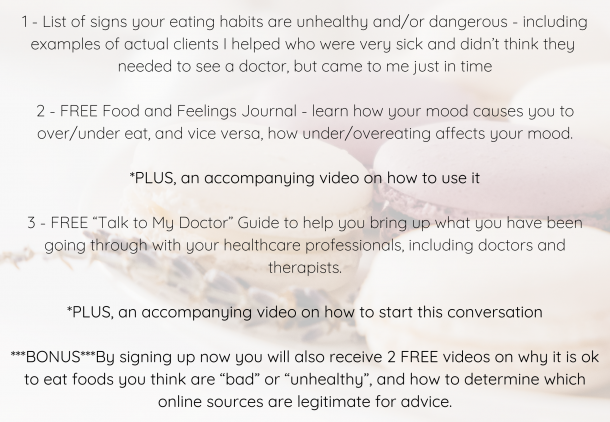Treatment of eating disorders is costly – no two ways about it. Residential treatment can cost $100’s to over $1000/day! And a lot of insurance companies are denying coverage for treatment. Here are some tips I found to help with getting insurance coverage, or the cost of treatment if not through insurance:
“If your insurer balks at your requests for coverage, ask to be assigned a case manager…A case manager can often (though not always) help you get access to additional care. Insurers normally do not cover nutritional counseling, for example, but a case manager authorized six visits to a [dietitian] for one of Dr. Herrin’s patients.
If the case manager cannot help you, you will have to take a route familiar to almost anyone who has tangled with an insurer. Get in touch with your employer’s human resources department, and ask them to go to bat on your behalf. If your employer and your insurer will not budge, make a formal appeal to your insurer. If your appeal is denied or not answered, contact your state’s insurance commissioner or even your representative in Congress.
Extreme though that may sound, it has been known to work. Susan M. was able to get her daughter’s lengthy residential treatment covered by enlisting the help of her senator’s office. An aide called the Department of Labor, and after several more steps, the insurer ultimately agreed to cover the treatment.
You might consider contacting a lawyer for advice on your rights and legal precedents in your state, as well.” – New York Times (2010).
Treating Eating Disorders and Paying for It, By Lesley Alderman.
Remind your insurance company that eating disorders are a medical illness. The most likely medical complications from an eating disorder are cardiovascular events (heart failure), growth failure, irreversible osteopenia, and sudden death. Suicide rates are also high among people with eating disorders. Nutrition counseling for prevention or treatment of an eating disorder is cost-effective for the insurance company.
Some specific insurance company nutrition policies:
CenCal Health (I am a provider):
Requires a Physician referral (RAF form), for any nutrition counseling, then covers 2 hours/month (as of Feb 2016).
Anthem Blue Cross: https://www.anthem.com/medicalpolicies/guidelines/gl_pw_c164431.htm
Aetna: http://www.aetna.com/cpb/medical/data/1_99/0049.html

